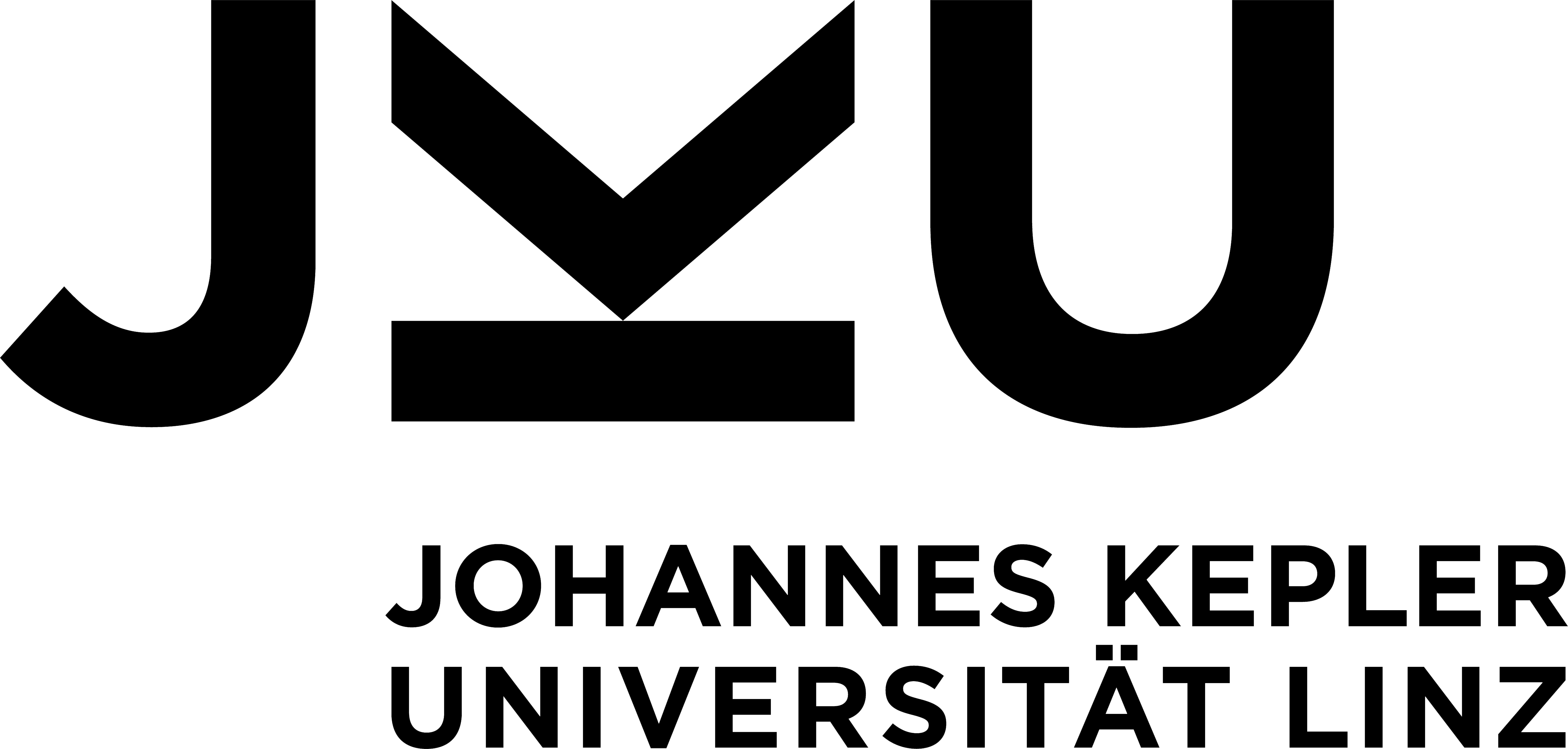Computer Science Colloquium
Ph.D. Laurent Lefevre
The French Institute for Research in Computer Science, Lyon, Frankreich
High Performance Programmable Network Support for Grid Infrastructures
Wed 18.01.2006, 17:15, 60 minutesHS 14
Abstract
Active and programmable networks allow to dynamically deploy network services in network equipments. This technology needs to face with high performance problems. This talk will present the approach we choose to efficiently support current production networks (1 Gbit/s). I will describe the Tamanoir environment dealing with User space (Java), kernel services and cluster-based solutions. Next the Active Grid approach will be presented where programmable network equipments support Grid middleware and applicationsBio
Laurent Lefevre obtained his Ph.D in Computer Science in January 1997 at LIP Laboratory (Laboratoire Informatique du Parallelisme) in ENS-Lyon (Ecole Normale Superieure), France. From 1997 to 2001, he was assistant professor in computer science in Lyon 1 University and in the RESAM Laboratory (High Performance Networks and Multimedia Application Support Lab.). Since 2001, he is permanent researcher in computer science at INRIA (The French Institute for Research in Computer Science and Control). He is member of the RESO team (High performance networks, protocols and services) from LIP laboratory in Lyon, France. He has organized several conferences in high performance networking and computing and he is member of several program committees. He has co-authored more than 30 papers published in refereed journals and conference proceedings. He is member of IEEE and takes part in several research projects. His research interests include: high performance active networks, active services, Grid and Cluster computing network support, Active Grid, Distributed Shared Memory systems and Data consistency.Invited by o. Univ.-Prof. Dr. Jens Volkert
The Computer Science Colloquium is organized by the Department of Coputer Science at JKU, the Österreichische Gesellschaft für Informatik (ÖGI) and the Österreichische Computergesellschaft (OCG).
